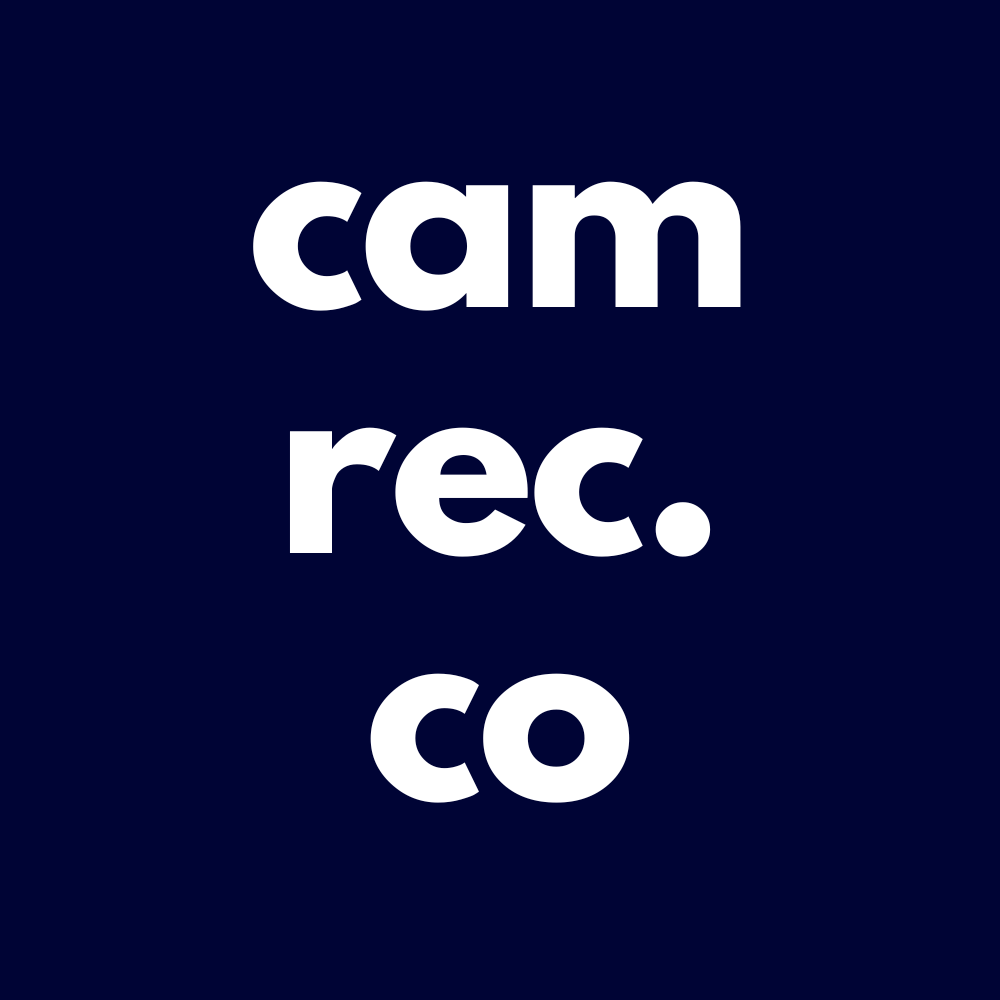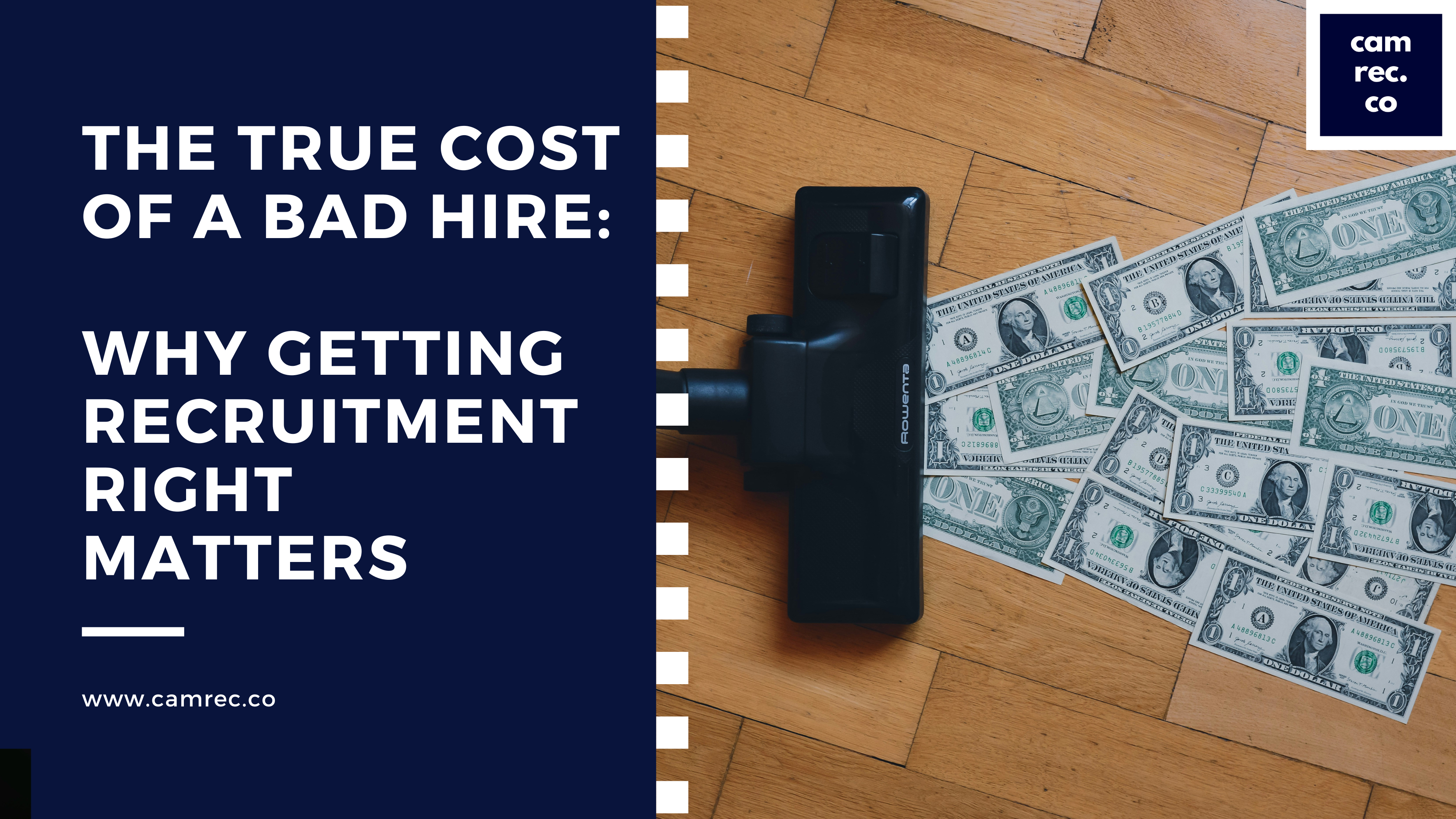The True Cost of a Bad Hire: Why Getting Recruitment Right Matters
Hiring the wrong person can be an expensive and frustrating mistake. Beyond just the immediate inconvenience of restarting the recruitment process, a bad hire can drain financial resources, disrupt operations, and lower morale across the entire team. Many businesses prioritise filling vacancies quickly, but rushing the process or failing to make the right choice can have lasting consequences. Let’s break down the true cost of a hiring mistake and explore how to avoid it.
The Financial Impact
One of the most obvious consequences of a poor hire is the financial cost. Recruiting new employees isn’t cheap. From advertising a vacancy to screening CVs, conducting interviews, and running background checks, the expenses quickly add up. If an external recruitment agency is involved, the costs can be even higher. When a hire doesn’t work out, all those recruitment efforts are wasted, and the entire process must start again—doubling the expense.
Beyond recruitment, there’s the investment in onboarding and training. New employees require support, whether it’s structured training sessions, mentoring from colleagues, or resources to help them get up to speed. If they turn out to be a poor fit, all that effort is lost. The business has essentially invested time and money into someone who won’t be contributing long-term.
Salary is another factor. Paying an underperforming employee is a continuous financial drain. If the situation reaches a point where termination is necessary, there may also be severance pay or other associated costs. In some cases, legal complications can arise, adding yet another financial burden.
Operational Disruptions
A poor hire can impact the efficiency of an entire team. When someone underperforms, their colleagues often have to compensate by picking up the slack. This creates additional pressure, leading to frustration, stress, and reduced overall productivity. Instead of focusing on their own tasks, employees are forced to cover for mistakes, redo work, or spend extra time guiding someone who isn’t meeting expectations.
The effects can extend beyond internal operations. In client-facing roles, an ineffective employee can damage relationships and cause customers to lose confidence in the company. If service levels drop or projects aren’t delivered as promised, the company’s reputation may suffer. Clients may decide to take their business elsewhere, leading to potential revenue loss.
The Human Cost: Morale and Retention
Hiring mistakes don’t just impact finances and operations—they also take a toll on the people within the organisation. A bad hire can disrupt team dynamics, creating tension and making collaboration more difficult. Employees who work hard and perform well may feel resentful if they constantly have to make up for someone who isn’t pulling their weight.
Over time, this frustration can lead to disengagement. When employees feel that their contributions aren’t valued or that their workplace is becoming stressful, they are more likely to seek opportunities elsewhere. High turnover creates additional recruitment costs, continuing the cycle of wasted resources and lost talent. Businesses that consistently make poor hiring decisions may find themselves struggling to retain top performers.
Reputational Risks
A company’s reputation is one of its most valuable assets, and poor hiring practices can put it at risk. Internally, repeated hiring mistakes can cause employees to lose faith in management’s decision-making. If staff members see a pattern of bad hires, they may question whether leadership truly understands the needs of the business.
Externally, employer branding can suffer. Potential candidates may be reluctant to apply for roles if they hear about a company’s high turnover rate or recruitment missteps. A business that is constantly advertising the same positions may appear unstable or disorganised, deterring the very talent they need.
Clients can also be affected by hiring decisions. If they notice frequent staff changes or inconsistent service, they may start to question the company’s reliability. Trust is hard to rebuild once lost, and businesses that develop a reputation for instability may struggle to attract both talent and clients in the long run.
How to Avoid a Bad Hire
Avoiding a hiring mistake requires a well-structured recruitment process. Taking the time to thoroughly screen candidates, conduct multiple interview rounds, and check references can help ensure the right fit. While it may seem time-consuming, it is far less costly than replacing an employee down the line.
Cultural fit is just as important as skills and experience. Someone who ticks all the boxes on paper may still struggle if they don’t align with the company’s values or work environment. Evaluating personality, work style, and team compatibility can make a significant difference in long-term success.
Leveraging employee referrals can also be a valuable strategy. When current team members recommend candidates, they are likely to suggest individuals who align with the company culture and work ethic. A strong referral network can improve the quality of hires and reduce the risk of a poor match.
Investing in ongoing development and training can help employees adapt and grow within the organisation. A structured support system allows new hires to settle in and improve their performance, reducing the likelihood of early departures. Businesses that prioritise continuous learning often see higher retention rates and better long-term outcomes.
For companies looking to streamline their hiring process, working with a specialist recruiter can provide a significant advantage. Experienced recruiters bring industry knowledge and expertise, helping businesses find the right fit from the outset. When hiring for HR roles, partnering with a recruitment specialist can save time, reduce risk, and ultimately lead to better hiring decisions.
Final Thoughts
A bad hire isn’t just an inconvenience—it’s a costly mistake that can impact finances, productivity, morale, and reputation. Taking a strategic approach to recruitment helps businesses avoid these pitfalls and build a strong, cohesive team.
If you’re looking to refine your hiring process and secure the best talent, expert support can make all the difference. Get in touch to explore how a targeted recruitment strategy can help you find the right people from the start.
Thank you for visiting our Cambridge Recruitment blog!
Join us on LinkedIn
Follow us on Instagram
More about The HR Guys

